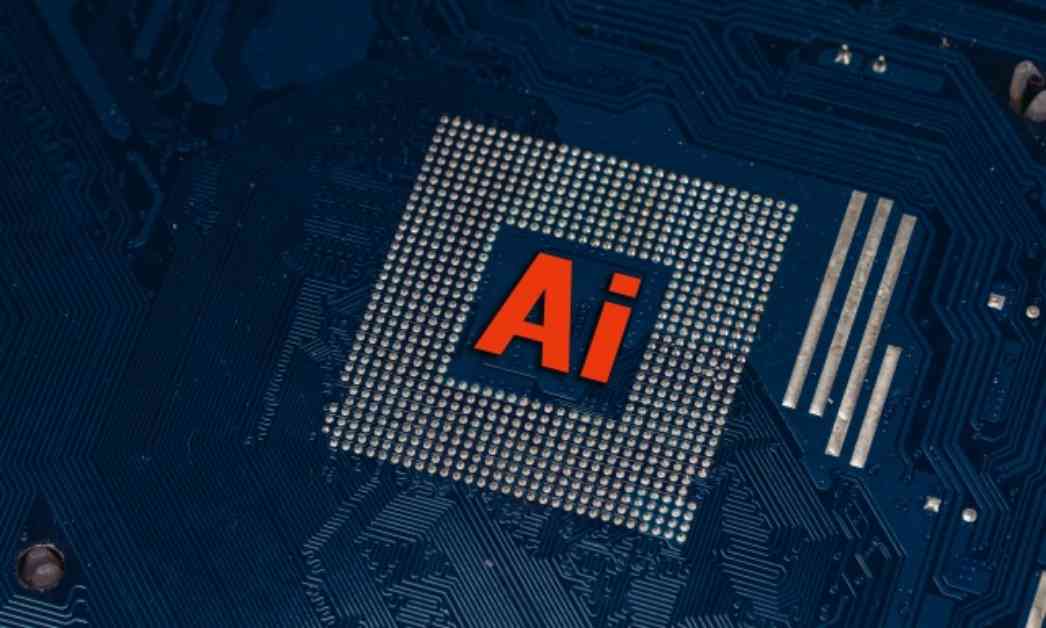In November 2022, OpenAI stunned the world with the launch of ChatGPT 3.0, showcasing its remarkable communication skills and vast knowledge of social interactions. This event brought attention to the potential of generative Artificial Intelligence (AI) technologies in society. While major powers like the US and China have been at the forefront of AI development, it is often overlooked that prominent figures in the AI industry, such as Lee Kai-fu in China and CEOs from Silicon Valley like Jensen Huang and Lisa Su, hail from Taiwan. This article aims to shift the focus from traditional great power perspectives and explore Taiwan’s historical development in AI and its role in the industry.
The evolution of AI can be divided into three phases. The first phase, dating back to the 1950s, aimed at creating Artificial General Intelligence (AGI) that mimics human thinking. However, by the 1980s, the focus shifted to weak AI systems capable of domain-specific tasks. Taiwan did not play a significant role in these early phases. The third phase, emerging in the 1990s, introduced deep learning technology, enabling machines to learn and improve based on data. Taiwan recognized the potential of AI in 2017, leading to the initiation of the “AI Grand Strategy for a Small Country” project to foster AI talent and infrastructure. This project aimed to develop an AI ecosystem through research centers, AI infrastructure, and talent cultivation.
While Taiwan excels in semiconductor manufacturing, it lacks companies known for AI software development like Google or Microsoft. To address this gap, the AI Taiwan Action Plan focused on enhancing Taiwan’s AI capabilities and integrating AI into existing industries. By 2021, Taiwan had made significant progress in AI technology, establishing supercomputers, cutting-edge object detection systems, and educational platforms like the Taiwan AI Academy.
In addition to seizing AI opportunities, Taiwan is also focusing on mitigating AI risks. Legislation efforts have been made to address privacy concerns and ethical considerations in AI development. The drafting of the Artificial Intelligence Fundamental Act and guidelines for the use of generative AI highlight Taiwan’s commitment to regulating AI activities and ensuring data security. The revised AI Taiwan Action Plan 2.0 emphasizes ethical standards and governance in AI development to address potential risks in various sectors.
Taiwan’s strength lies in providing AI infrastructure, but it faces challenges in developing advanced AI algorithms and ensuring data governance. As Taiwan continues to invest in AI research and regulation, it aims to create more opportunities for future prosperity. Dr. Hon-min Yau, an expert in international security and technology, sheds light on Taiwan’s AI landscape and its efforts to navigate the evolving AI industry.
In conclusion, Taiwan’s journey in the AI industry showcases its strengths in infrastructure development and its commitment to addressing challenges in algorithm research and data governance. By investing in talent and regulation, Taiwan is poised to leverage AI for economic growth and societal advancement in the coming years. As the pace of AI development accelerates, Taiwan remains vigilant in adapting to technological advancements while prioritizing ethical standards and innovation.












